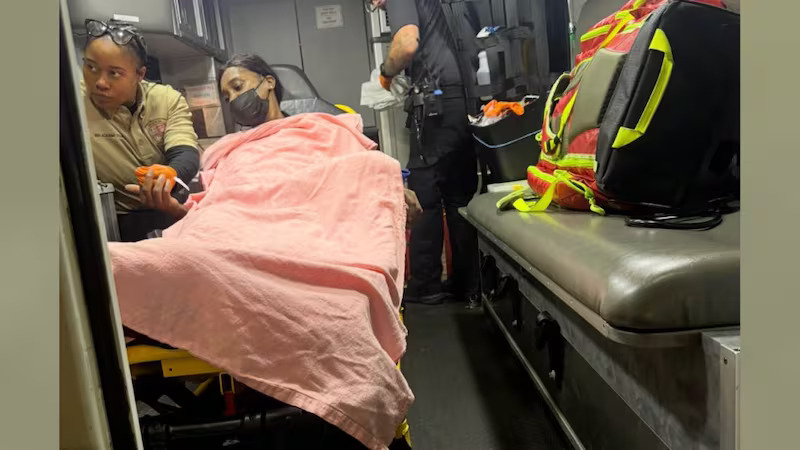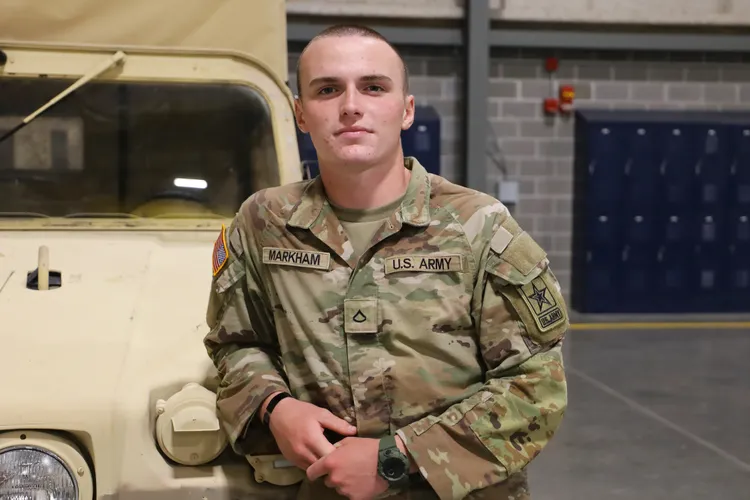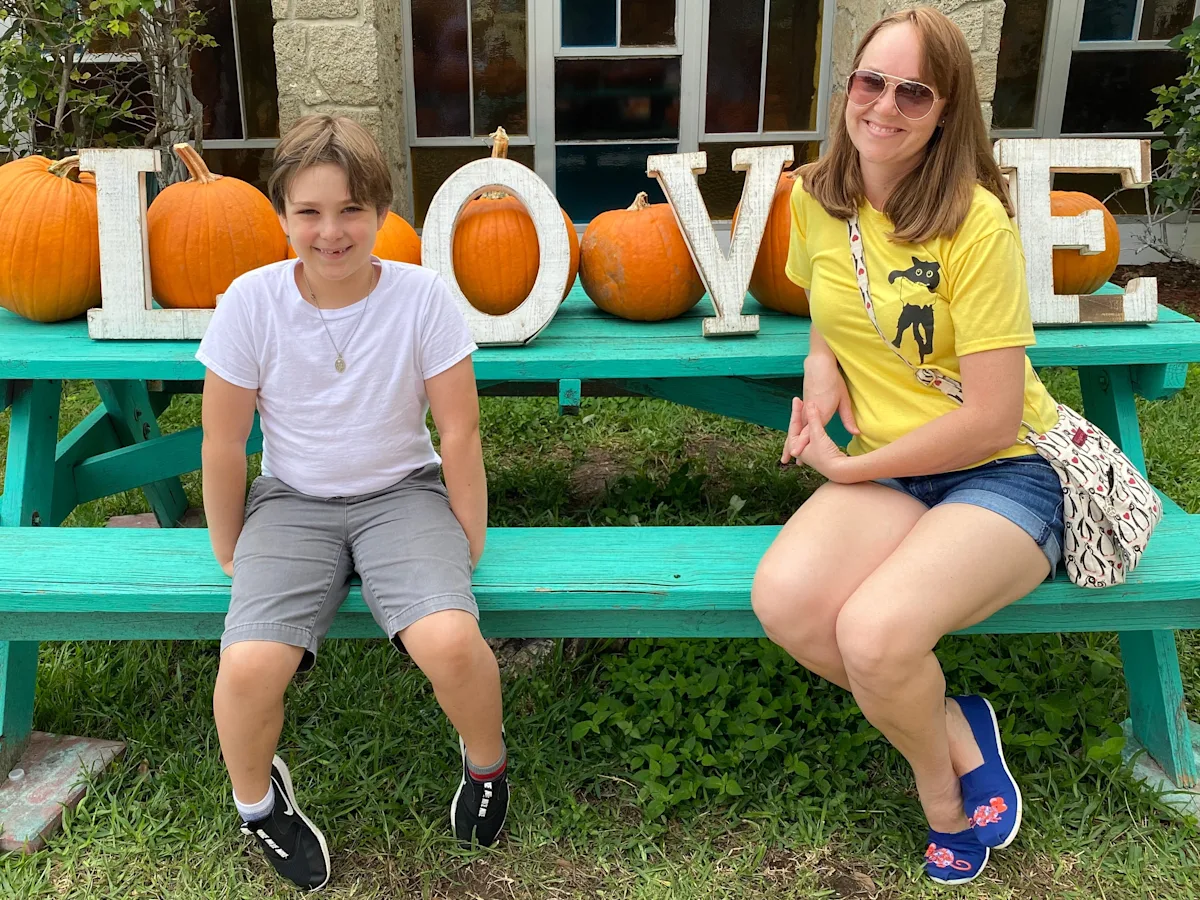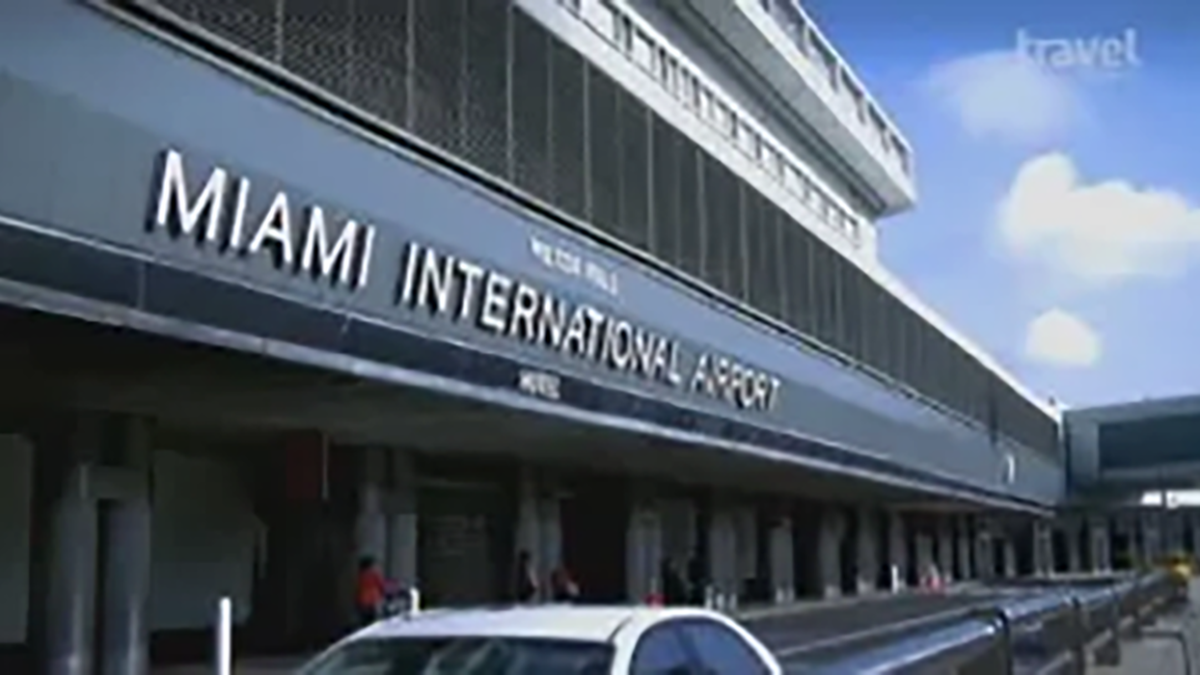Imagine being locked inside a medical clinic, alone, wheelchair-bound, and unable to escape for hours. For Ankita Mackin, this nightmare became reality at a Buckhead medical facility, turning a routine appointment into a harrowing ordeal. Now, her family is pursuing legal action, determined to hold those responsible accountable for a lapse that left her trapped and traumatized. This chilling incident in Atlanta raises urgent questions about patient safety, accessibility, and the systems meant to protect the most vulnerable.
A Routine Visit Turns Terrifying

On August 21, 2025, Ankita Mackin arrived at Hanger Clinic on Peachtree Park Drive in Atlanta’s upscale Buckhead neighborhood for a 2 p.m. appointment. As a wheelchair user, she relied on the clinic’s staff for support during her visit. After her appointment, employees assured her they would arrange transportation to get her home safely. But as the hours ticked by, no one returned. Mackin found herself alone in the clinic, locked inside with no way to leave.
The situation grew dire as Mackin, unable to move freely, fell off an exam table while trying to reach a nearby outlet to charge her phone. “I was just trying to get help,” she later told reporters, her voice heavy with the weight of the experience. With her phone finally powered, she dialed 911, alerting Atlanta police to her predicament. Officers arrived to find her shaken but alive, trapped in a place meant to provide care. The incident, reported by Channel 2’s Brittany Kleinpeter, has since sparked outrage and a call for answers.
A Family’s Fight for Justice
Mackin’s family, devastated by her ordeal, is now preparing to sue Hanger Clinic, alleging negligence that left her stranded for hours. The emotional and physical toll of the incident has fueled their resolve to seek accountability. “No one should have to go through this, especially not someone who relies on others for mobility,” a family spokesperson said, emphasizing the betrayal of trust in a medical setting.
The lawsuit aims to address not only Mackin’s suffering but also broader systemic failures. How could a clinic, designed to serve patients with mobility challenges, fail to ensure a wheelchair-bound woman’s safety? The family’s legal action seeks to uncover whether staff oversight, inadequate protocols, or other lapses contributed to the incident. As they prepare their case, they’re also advocating for changes to prevent similar nightmares for others.
Police Response and Initial Findings
Atlanta police were called to the Hanger Clinic on August 21 in response to a report of an injured person. Upon arrival, officers found Mackin, who recounted her hours-long ordeal. She explained how clinic employees had promised to arrange her transportation but never returned, leaving her locked inside. Her fall from the exam table, a desperate attempt to reach an outlet, underscored the physical risks she faced while abandoned.
Law enforcement’s swift response ensured Mackin was freed and received medical attention, though details of any injuries beyond the fall remain private. The police report, while not publicly detailed, has become a cornerstone of the family’s case, highlighting the clinic’s failure to follow through on its promise. Authorities have not indicated whether criminal charges are being considered, but the incident has prompted scrutiny of the facility’s operations.
Questions of Accessibility and Safety
Mackin’s experience shines a spotlight on critical issues of accessibility in healthcare settings. For individuals with mobility challenges, clinics like Hanger—specializing in prosthetics and orthotics—are supposed to be safe havens, equipped to accommodate their needs. Yet, Mackin’s abandonment suggests a breakdown in basic protocols. Why wasn’t her departure confirmed? How could staff leave without ensuring all patients were safely accounted for?
Advocates for disability rights are now joining the conversation, pointing to this case as a stark example of systemic gaps. “This isn’t just about one clinic,” said a local advocate who wished to remain anonymous. “It’s about ensuring every healthcare facility prioritizes the safety and dignity of patients with disabilities.” The incident has sparked calls for stricter oversight, mandatory staff training, and clearer exit procedures to protect vulnerable patients.
A Community’s Response and Broader Implications
The Buckhead community, known for its affluence and bustling medical hubs, has been shaken by the news. Residents and patients alike are questioning how such an oversight could occur in a facility meant to serve those with specialized needs. Social media posts reflect a mix of sympathy for Mackin and frustration with the clinic, with many calling for transparency and reform.
Nationally, the incident adds fuel to ongoing discussions about patient safety in medical facilities. Similar stories—though rare—have surfaced in recent years, prompting healthcare providers to reexamine their protocols. For Mackin, the trauma lingers, but her family’s pursuit of justice could drive change. “We want to make sure this never happens again,” their spokesperson said, echoing a sentiment shared by many who’ve followed the story.
As the legal battle looms, Mackin’s resilience stands out. Her ability to call for help, despite the physical and emotional strain, saved her life. Now, her story is a rallying cry for accountability, urging healthcare providers to prioritize the vulnerable and reminding us all that safety should never be an afterthought.





